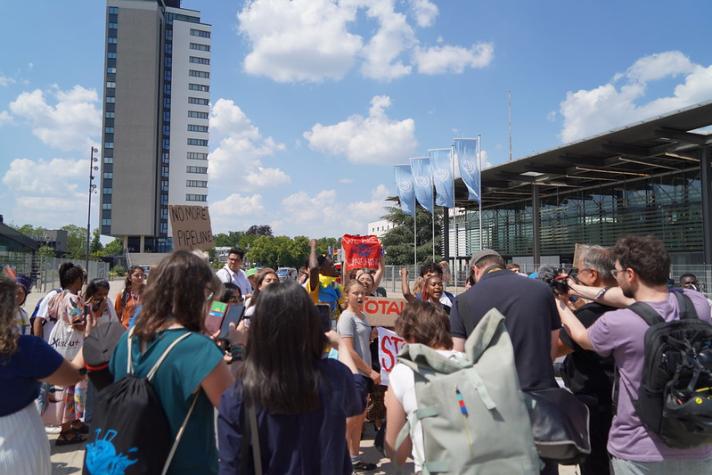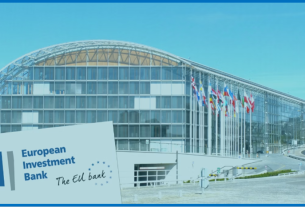Over the past two weeks, representatives from countries around the world descended on the former West German capital for their first full in-person meeting since COP27 in Sharm el-Sheikh. Despite significant frustrations in Bonn, regarding Parties failure to agree on an agenda for much for the two-week session, some important headway was made.
Parties and representatives of civil society used the meeting to focus on the challenge of post-2030 ambition, by advancing their work on the Global Stocktake that will conclude at COP28 in December this year. The Global Stocktake is designed to drive the Paris Agreement’s ambition cycle and will provide the basis for the next round of Parties’ emissions reduction targets for 2035 and 2040, as well as new efforts to adapt to the impacts of climate change and to raise financial and technical resources to support developing countries.
Regrettably, when the agenda was finally adopted, it did not include an item on the Mitigation Work Programme, which was agreed at COP27 and called by the EU as part of the decision agreed in Sharm el-Sheikh and the progressive alliance of both developed and developing countries. The Work Programme would serve to speed up cuts in emissions in this critical decade before 2030, with the aim of keeping global average temperature rise to below 1.5 degrees Celsius.

EU negotiator at Bonn
UN Climate Change Flickr – https://www.flickr.com/photos/unfccc/52962531263/in/photostream/
Negotiations also followed up on the breakthrough commitment Parties made at COP27 in Egypt, notably, to put in place balanced new funding arrangements, with an expanded donor base, to help vulnerable communities to face loss and damage caused by climate change. In Bonn, progress was made on operationalising the Santiago Network on loss and damage, but unfortunately no decision was reached on the host of the network, despite the constructive engagement of all Parties. The EU remains hopeful that Parties can craft a solution in Dubai that will ensure that technical assistance can start flowing soon to those that need it the most. The EU remains hopeful that Parties can craft a solution in Dubai that will ensure that technical assistance can start flowing soon to those that need it the most.
The EU recognises the importance of climate finance across the agenda and stands by its climate finance commitments. It is essential to align global financial flows with the Paris goals to ensure that the scale of financial support matches what is required to help solve the existential challenges created by the climate crisis, including examining the pool of donors. Many other countries share this position, and the EU reaffirms that this must be addressed at COP 28.
Discussions in the technical expert dialogues on the new post-2025 climate finance goal and the ongoing discussions on the funding arrangements, including a fund for loss and damage were constructive, substantive and will constitute valuable input towards convergence at COP 28.
On the issue of adaptation, the EU and other developed countries recognise the urgency of the issue and have committed to scale up support by strengthening existing arrangements and institutions that have demonstrated experience and expertise in supporting communities in need.

Protest at Bonn SB58
UN Climate Change Flickr – https://www.flickr.com/photos/unfccc/52971474954/in/photostream/
The Bonn session closed with the Parties agreeing to send forward a series of “informal notes” that will provide the basis for continued work between now and COP28 in Dubai in December.
In its closing statement, the EU welcomed the progress made over the ten days and called on Parties to continue to build convergence on the various issues before meeting again in person. The incoming Emirati Presidency has the EU’s full support and the EU looks forward to continued good cooperation.

